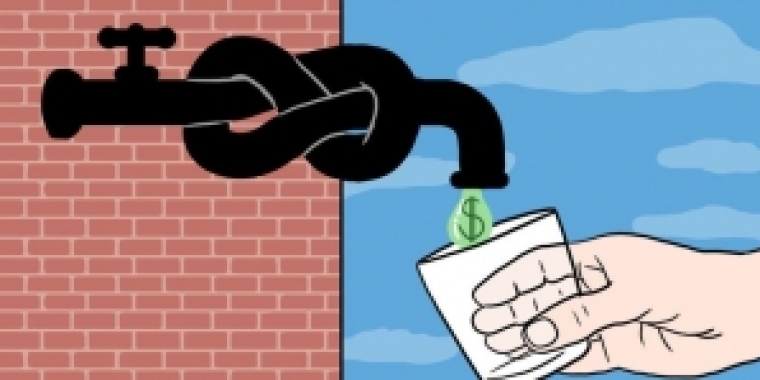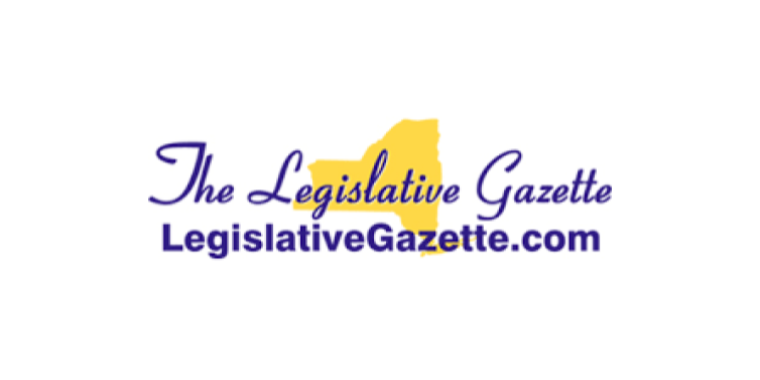NY Times' Ronda Kaysen Q&A on Unpaid Rent Highlights Kavanagh COVID-19 Rental Assistance Bill
Ronda Kaysen
April 18, 2020

On April 18, 2020, the New York Times' Ronda Kaysen responded to a landlord's inquiry about rent that tenants who are unable to pay rent during the COVID-19 crisis in the paper's Ask Real Estate feature, and highlighted Senator Kavanagh's bill to create COVID-19 Emergency Rental Assistance Program. The text of the article is below; the original version is avialable here: https://www.nytimes.com/2020/04/18/realestate/how-can-landlords-get-relief-if-their-tenants-cant-pay-rent-because-of-coronavirus.html.
_______________
ASK REAL ESTATE
How Can Landlords Get Relief if Their Tenants Can’t Pay?
By Ronda Kaysen
As renters lose jobs and the economy remains dormant, landlords face tough choices and few options.
Q: I own a small Brooklyn apartment building with two residential units and a ground-floor commercial space. The business is temporarily closed because of the coronavirus shutdown, and both tenants have lost their jobs and are unable to pay rent. I don’t have a mortgage on the property, but I have to pay property taxes in July and utilities to maintain the building. I understand that these are terrible times, and agree that tenants should get rent relief. But what are landlords to do?
A: In April, as many as 40 percent of New Yorkers were unable to pay their rent. Landlord and tenant groups expect May to be worse, as scores of New Yorkers continue to lose their jobs and businesses remain closed. For now, the relief for tenants and landlords is limited. Evictions are halted until mid-June, but your tenants are still responsible for their rent, and as a landlord, you are still responsible for your bills.
“There is no pathway for landlords to get any relief,” said Michael Johnson, a spokesman for CHIP, a landlord advocacy group. “We’ve been tracking several bills that have been introduced, but it’s unclear if any of them are moving at all.”
Because real estate is considered a “passive” industry, landlords do not qualify for a small-business loan or paycheck protection under the federal Coronavirus Aid, Relief, and Economic Security (CARES) Act, according to Craig L. Price, a real estate lawyer and partner at the Manhattan law firm Belkin, Burden, Goldman. Landlords with federally backed loans may be able to get relief under a federal mortgage forbearance program, but not under New York’s state program, which only applies to residential loans. The city has some property tax assistance programs for New Yorkers who are older adults, low-income or have extenuating circumstances like an illness, but they would not apply to a commercial property like yours.
Unfortunately, your options are not that much different from your tenants’. You’re in a waiting game to see if the state or federal government will extend relief for renters. The tenant advocacy group Housing Justice For All is calling for a moratorium on rent, utilities and mortgages, which could help if enacted and extended to landlords. There are also bills in the New York State legislature that may help, including one that would provide rent vouchers for tenants who have suffered a substantial income loss because of the pandemic.
“It’s important to recognize that the interests of the landlords and the tenants really are complementary,” said New York State Senator Brian Kavanagh, who represents Lower Manhattan and parts of Brooklyn, and is the original sponsor of the aforementioned bill.
Until another relief package materializes, try to work out an agreement with your tenants to collect at least a portion of their rent or to use their security deposits as rent to cover your costs. These measures will keep tenants from falling further behind on payments, and provide you with some income to pay critical bills to keep the building operating.
Share this Article or Press Release
Newsroom
Go to NewsroomConfronting Gun Violence in the US
March 12, 2018
Senate Democrats Propose Campaign Finance Reform Bills
March 12, 2018

